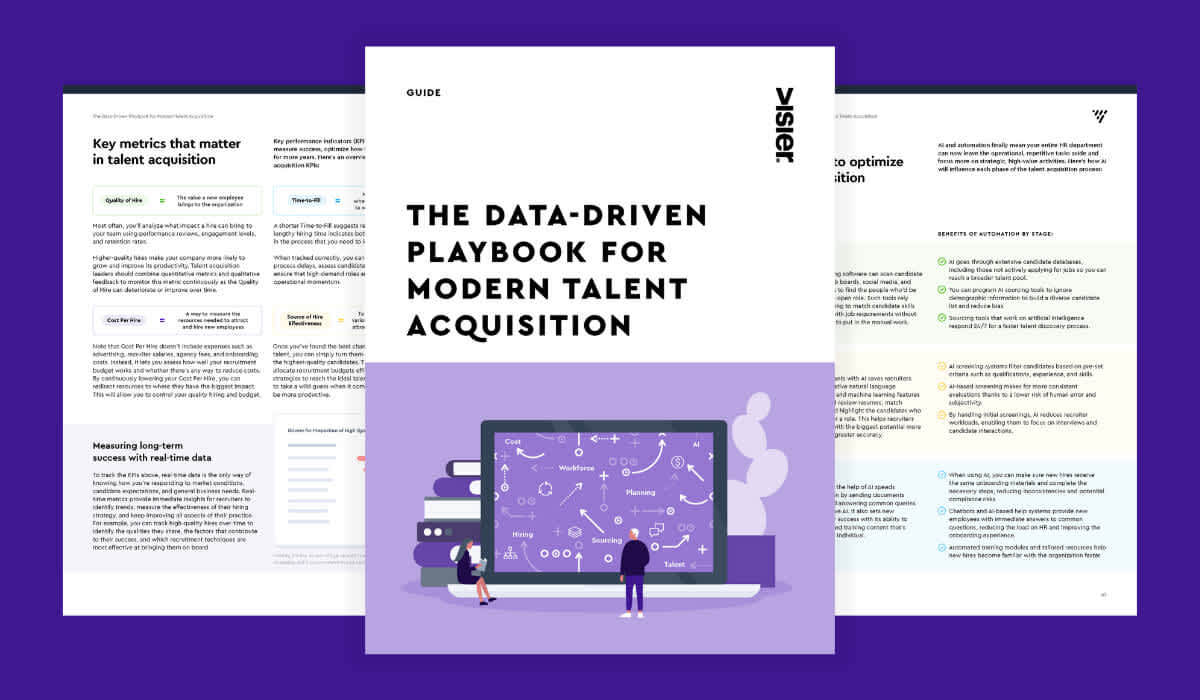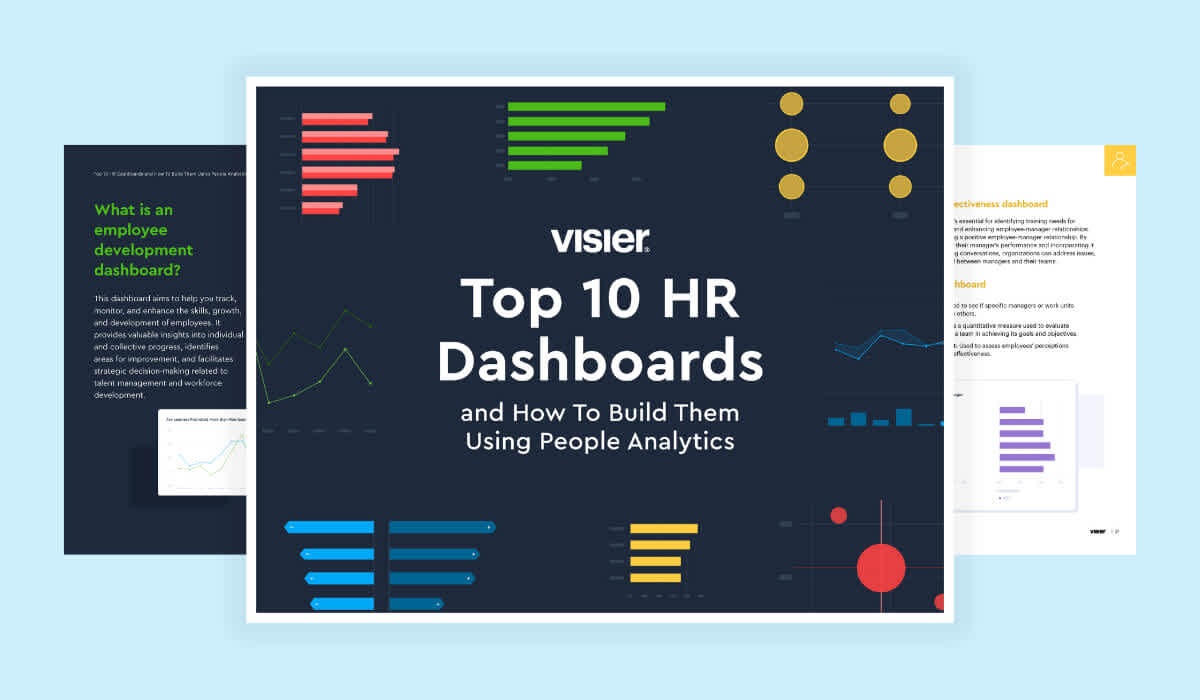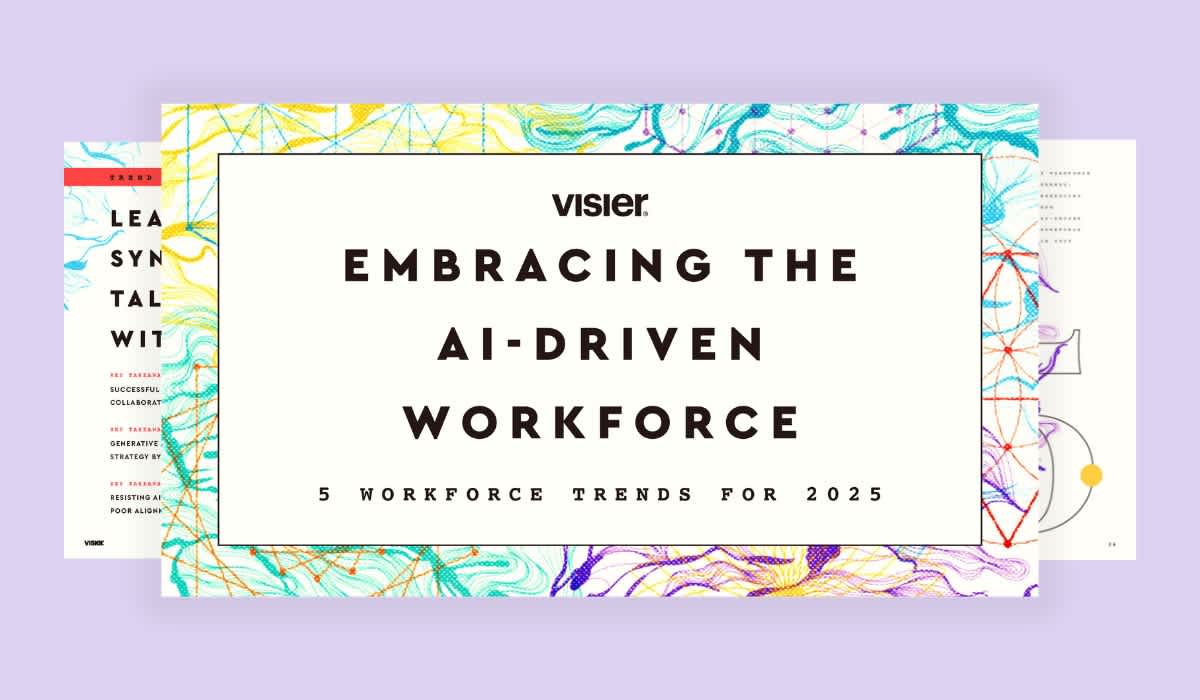Ask Visier: Are the Most Critical Positions in Your Organization Being Filled?
Critical positions have the most business value so how can you ensure they’re being filled? Find out from one of Visier’s people analytics experts.

Securing talent to fill key positions is critical for all organizations. There’s a lot of complexity when identifying a critical position. Job titles and roles are constantly evolving, which can lead to misalignment. You have to drill into what’s creating the most value for you right now, which may be a specific role, or it could be a specific skill set within a role.
Then there’s the challenge of collecting and analyzing this data, which can be difficult as your organization shifts priorities. You have to gather information about what roles have been important historically, as well as what roles need to be filled to support your organization in the future. If you don’t have insight into what talent will drive your company forward and how your workforce currently fits in, you won’t be able to adjust your people strategy effectively.

5 questions Visier answers about critical roles
Visier makes it easy for you to assess what your critical roles are and work to fill them by answering questions like:
1. How many critical hires have been made?
Critical positions have a big impact on your organization’s results. The recruiting team needs to ensure that these roles are filled quickly and that they receive the level of focus and resources required.
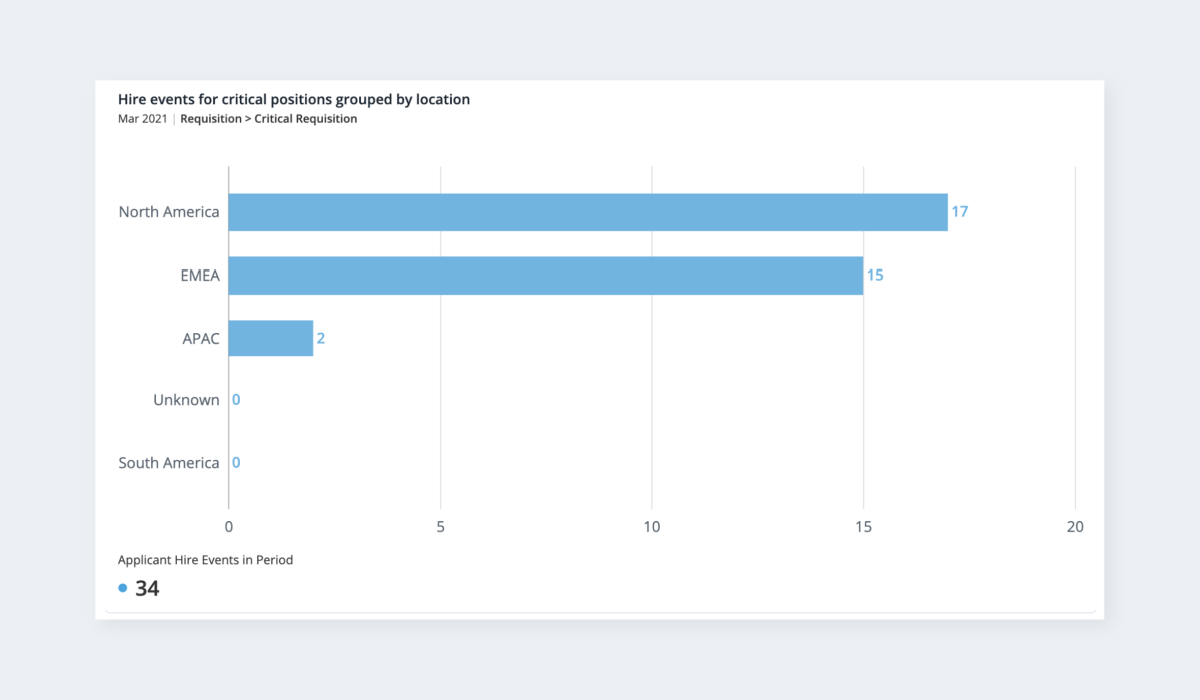
2. Do critical hires happen faster than regular hires?
Filling key roles quickly minimizes the impact on goals and business objectives. Are these positions being filled faster than non-critical positions?
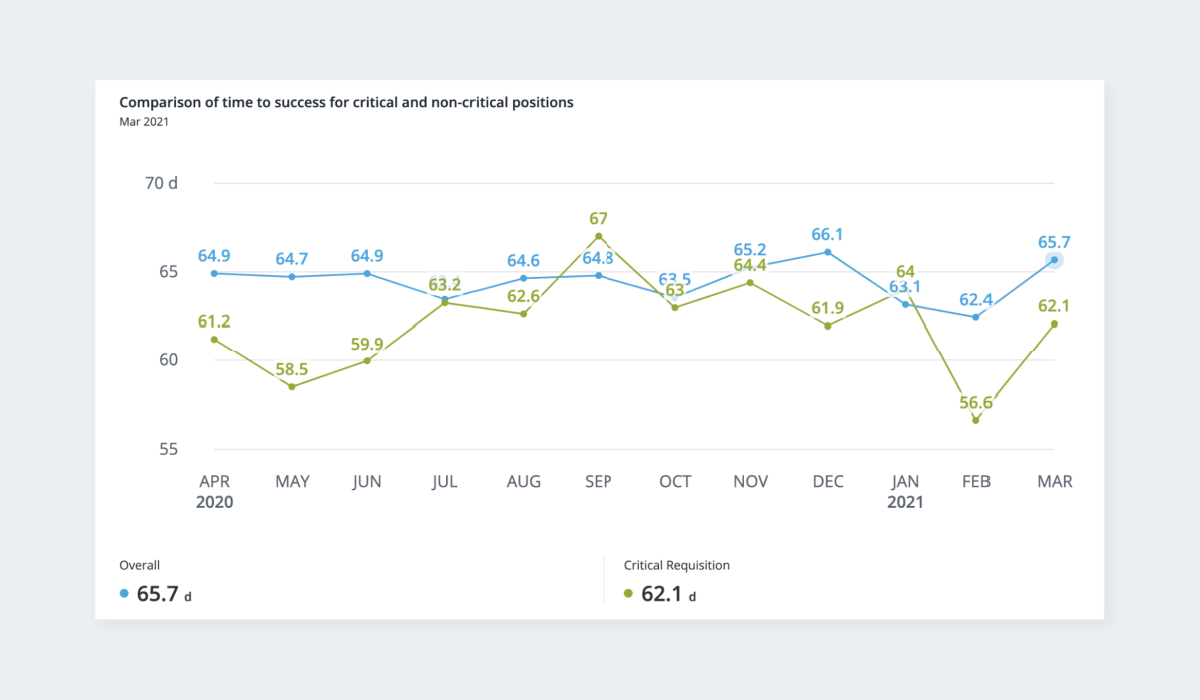
3. What is the current state of the hiring funnel for critical positions?
Keeping positions filled requires applicants to flow in and through the hiring pipeline. Comparing the volume and conversion rates for critical and non-critical positions will indicate whether or not your hiring processes are working.

4. How do applicants for critical positions move through the hiring stages?
Are the current applicants for critical positions progressing quickly? Is time being wasted on applicants who are rejected or disappear late in the process?
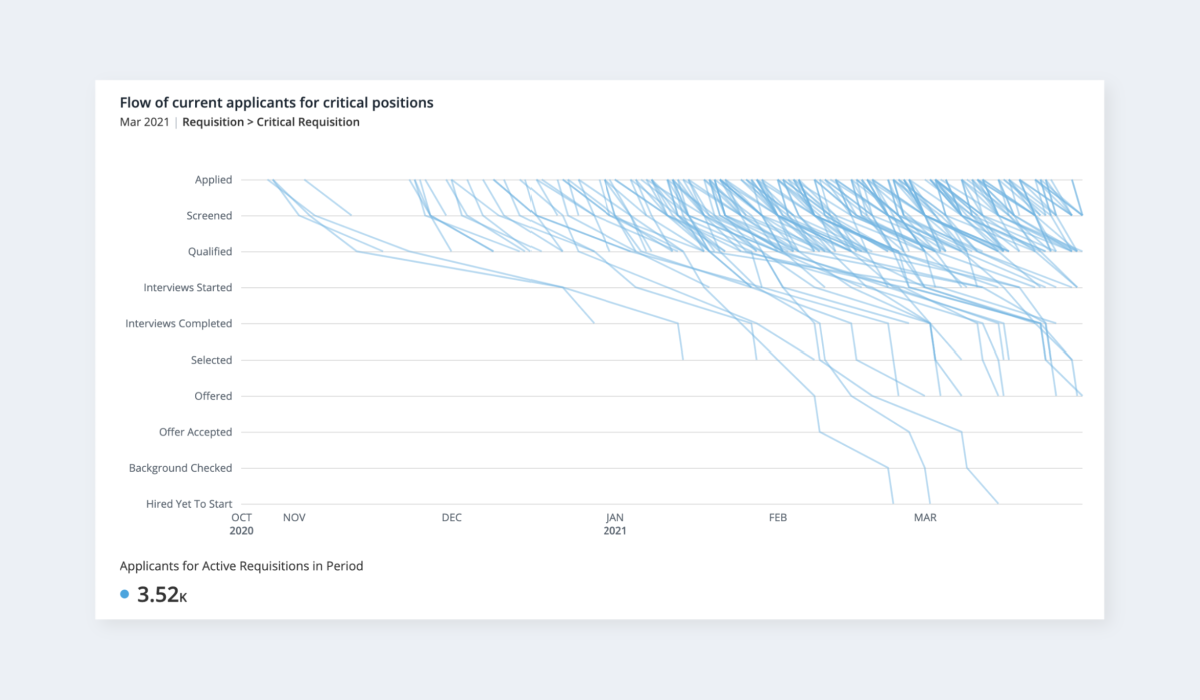
5. Where can you leverage existing talent?
Find out where internal talent can help you close any critical gaps. You can also use skills data to uncover opportunities for career development and growth within your existing workforce.

What does this all look like in action? One biotech company utilizes Visier and high-end modeling tools to project short-term (up to six months) critical positions with a much-improved level of certainty against a rolling long-term projection of headcount out to an extended 3-year time period. This enables them to plan for talent shortages by allocating the proper resourcing to support the gaps in the model. The comprehensive methodology also enables them to manage and source talent more effectively and have more insightful conversations with stakeholders to drive to the new numbers.
Using a people analytics solution makes it possible to see what your critical positions are, and look ahead to see when those positions will need to be filled. Access to and analysis of this data gives you the ability to craft an accurate hiring forecast. That way, you won’t find yourself struggling to fill a key role.

Read more on using people analytics to fill critical roles
People analytics enables you to create stronger succession plans. Learn how to avoid talent gaps with data-driven succession planning.
In an AI-first workplace, technical skills, soft skills, and hard skills are changing. Read on to learn how types of skills are evolving and how to adapt.
Learn to harness AI, automation, and people analytics to hire, retain, and grow your workforce. Get the free guide here.
